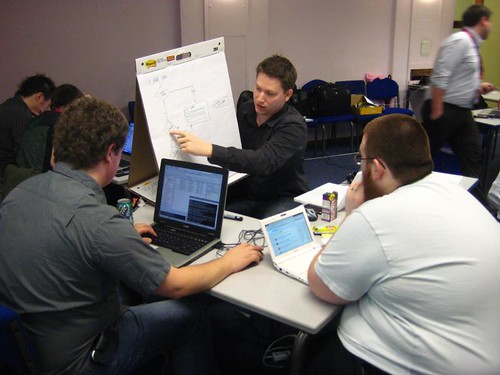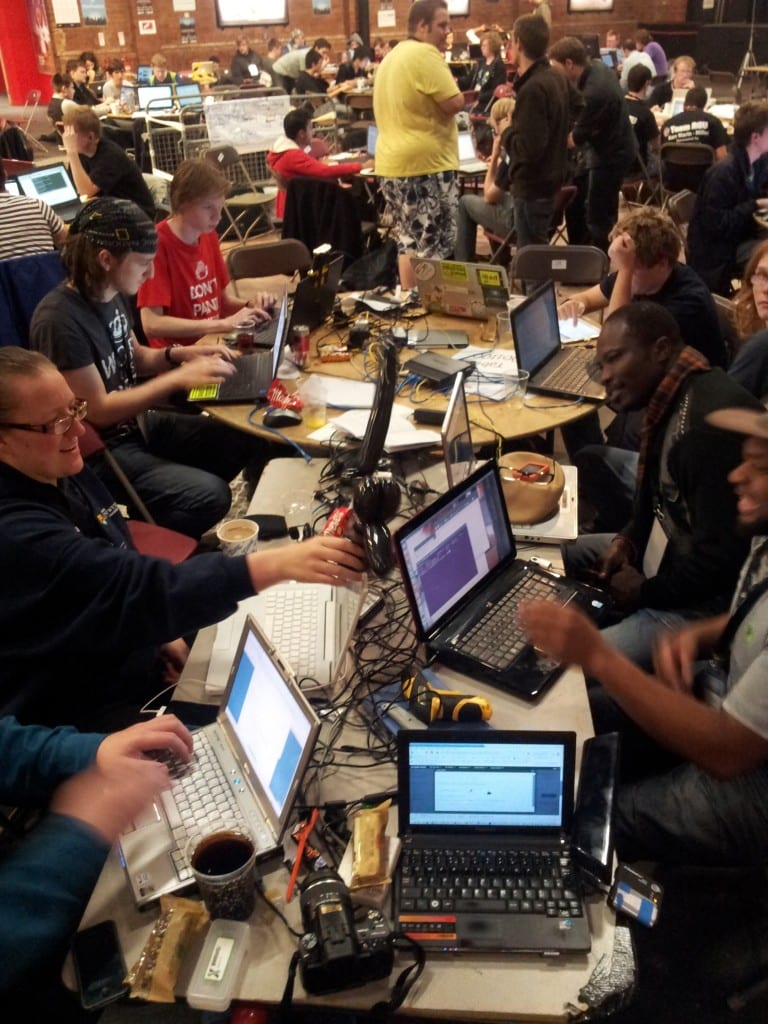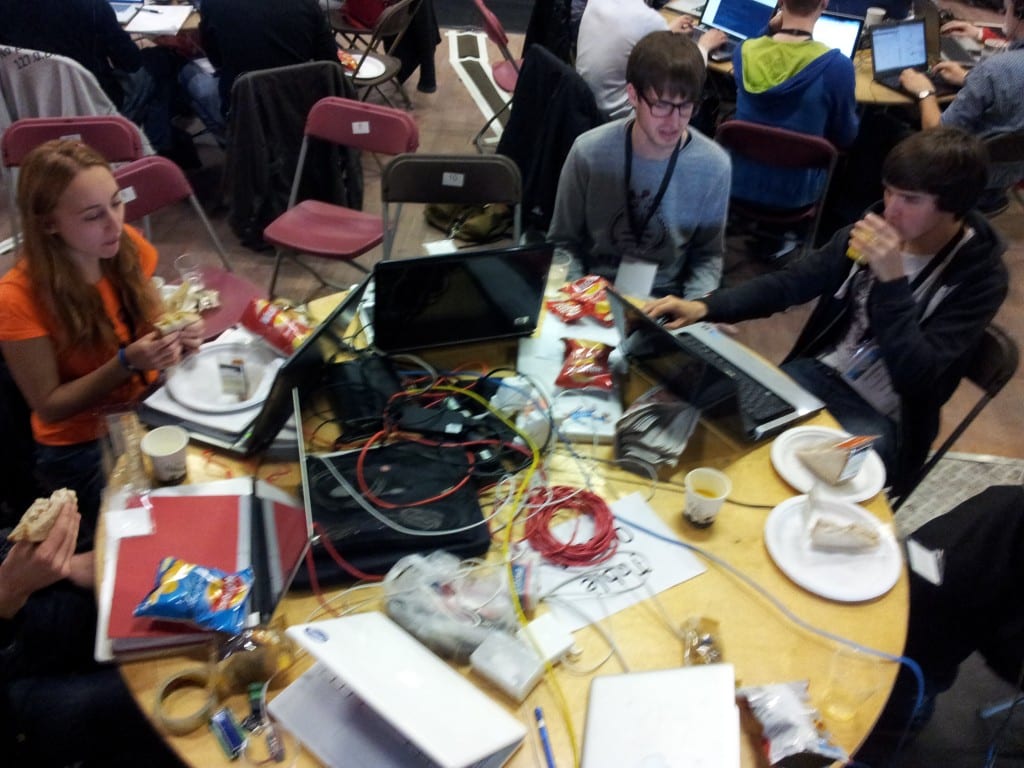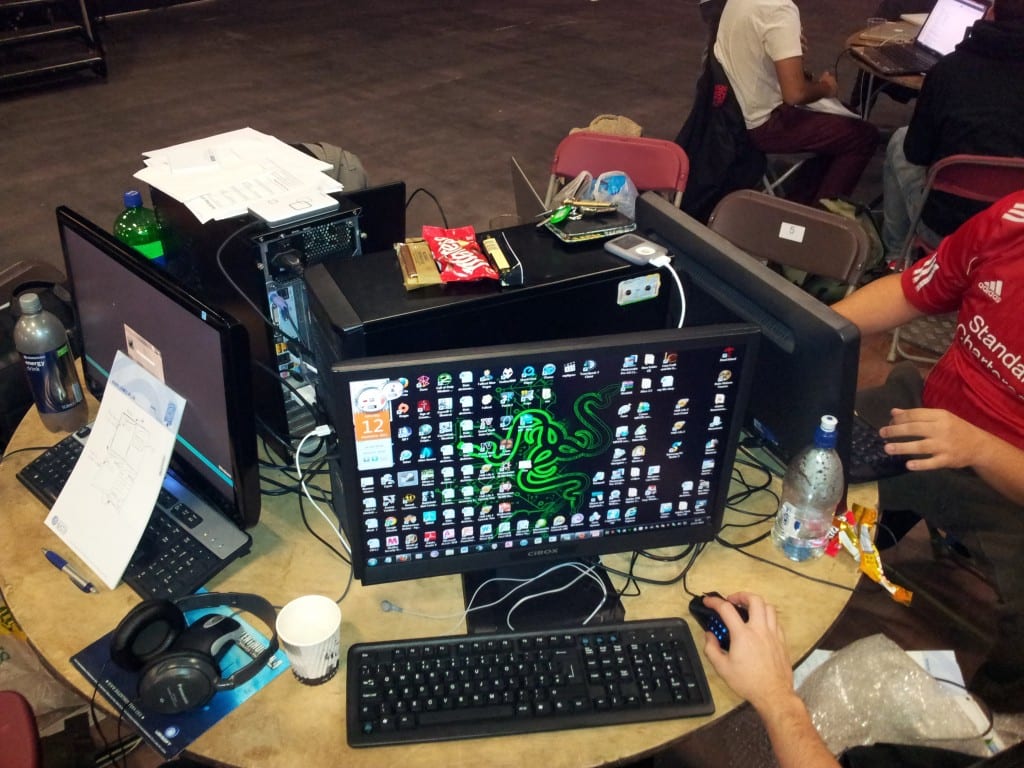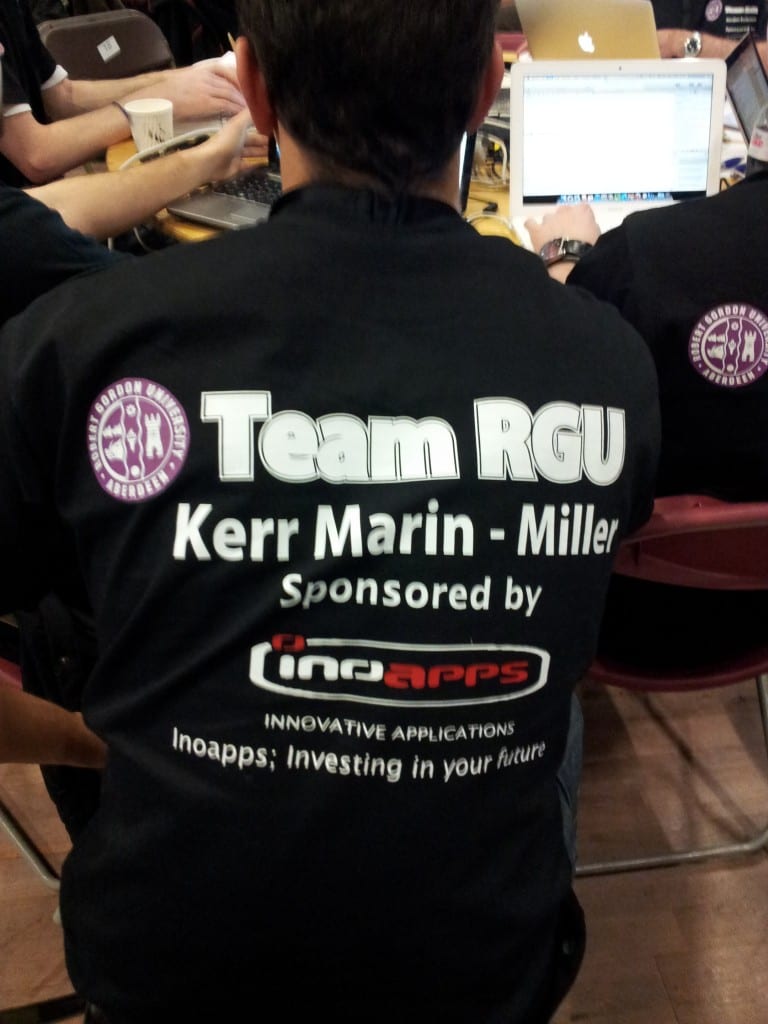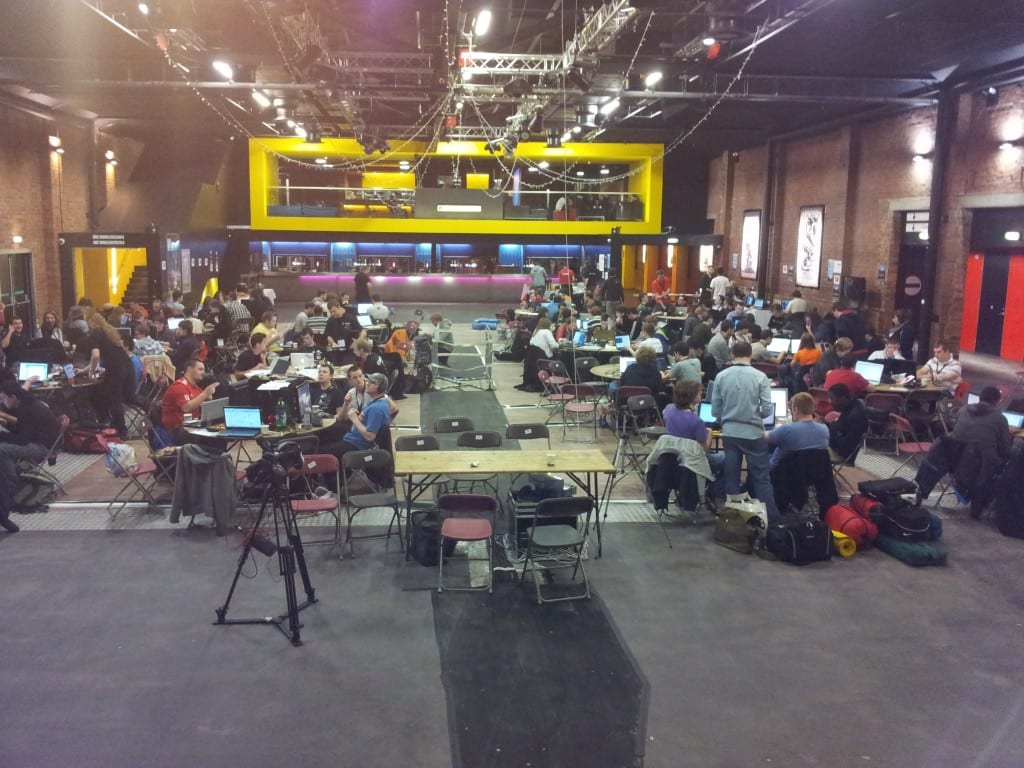How much does a student hacker need to develop a good idea to the point that it attracts further investment?
I’ve been thinking about this recently for a couple of reasons. I was reading the early Y Combinator site, via the Wayback Machine, about how they reckoned on $6,000 per person for their first Summer Founders Program. Each new startup could expect to receive less than $20K (the average is $17,000 / £10,000), with two or three friends being the ideal number of founders per company. The Summer Founders Program was aimed at undergraduate or graduating students.
I’ve also been looking at JISC’s Elevator funding programme, where people working in UK universities and colleges (with a *.ac.uk email address), are able to pitch an idea to receive up to £10,000 funding from JISC. That’s the same amount of money Y Combinator seeds their successful applicants with. I think the JISC Elevator is a great idea, but looking at the proposals that have been submitted so far, I’m surprised and disappointed that there aren’t any proposals where the money goes directly to students to develop ideas of their own. Maybe students haven’t been told? I’ll admit I’ve not publicised it at Lincoln, having been busy bidding for other JISC funds (where graduating 3rd year students are the main contributors to the projects) and awarding funds to projects of our own (where students receive most of the money). Still, I feel bad about not supporting JISC Elevator more. I have voted for one proposal.
I asked Alex, an undergrad and co-worker, how much a student who is hacking on an idea all day, every day, needs to live on in Lincoln, and he reckons about £600/month. That sounds harsh to me, so let’s assume they need £800/month and that there are three of them, because after all, if you can’t persuade a couple of friends that an idea is worth working on, then it probably isn’t a very good idea (or so says Y Combinator). On a related note, Google’s Summer of Code provides students with a $5000/£3000 stipend for the summer.
When I first heard about the JISC Elevator, my immediate thought was that the £10K maximum per project isn’t very much to attract FEC costed projects involving staff, but is perfect for offering to students as bursaries. A bursary, as I understand it, is supposed to cover the costs of living, rather than being seen as a wage, so they’re similar in purpose to the GSoC and Y Combinator funds. On our DIVERSE project, almost all of the money received went to paying the fees and bursaries of two MRes students. We are also prepared to contribute a larger percentage of the overall cost. Our recently funded beBOP project is an example of this, with a recent graduate being employed on grade 4, and the funding from JISC covering only 65% of the overall cost, compared to the maximum 80%.
I’ll admit, I don’t really understand how FEC works and where a lot of the money actually goes, but for the kinds of projects that the JISC Elevator is trying to attract, as well as JISC’s Rapid Innovation calls, I do wonder whether the GSoc or Y Combinator model of funding is a more cost-effective one. Pay students to hack over the summer, with a member of staff overseeing their work and call that the institutional contribution. £10K will pay for three students to hack over the summer, travel to a conference to talk about their work and pay for some servers on Rackspace for a few months. The tools to develop software in the early stages are cheap (a basic Linux stack on Rackspace is £7/month and there are enough open source tools available to explore ideas and develop prototypes, even if the ideal tool happens to be a proprietary one.
At Lincoln, we recognise that, given the opportunity and mentorship, undergraduate students have much to contribute. They’re not simply consumers of education. Like other universities, we’ve been running funding programmes each year that fund students to work on a research project with a member of staff over the summer. At Lincoln, it’s called UROS, the Undergraduate Research Opportunity Scheme. The Student as Producer UROS call was announced a few days ago. The LNCD group, which I co-ordinate awarded five projects £1000 each last week, which focus on the use of technology for education (more info on those projects soon). For the UROS and LNCD funded projects, almost all of the £1000 goes on undergraduate student bursaries. In my experience, undergraduate hackers can produce good work. Work that’s worth funding. Y Combinator thought so, too, and they’re now the most admired angel fund among young hackers. Each Y Combinator funded start-up is now guaranteed $150,000 as follow on funding by another investor. If you go Wayback to the first Summer Founders Program FAQ, you’ll see this:
Why are you doing this?
Partly because we feel guilty that we all got rich almost seven years ago, and still haven’t yet given seed money to new startups; partly because we think it is an interesting hack; and partly because we think it may actually make money.
We suspect that students, and particularly undergrads, are undervalued. Twenty years ago the idea of grad students starting companies would have seemed odd. Not after Yahoo and Google. And if grad students can do it, why not undergrads too?
I agree. Undergraduates can do it and I think institutions, together with JISC, should be thinking about our own Hatchery for Hackers.
